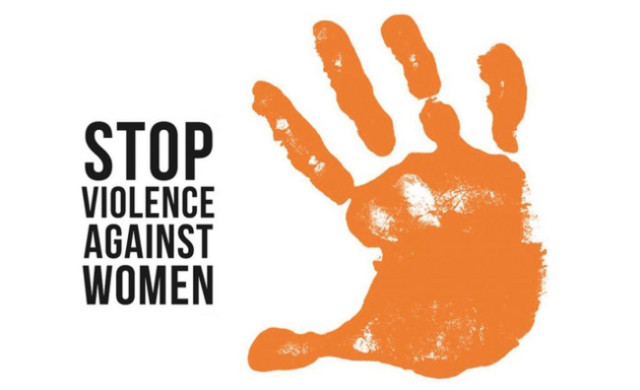The United Nations’ 16 Days of Activism to End Gender-Based Violence began in 1991, and occurs annually beginning on November 25 th on the International Day for the Elimination of Violence against Women, and runs until 10 December, Human Rights Day. Its mandate is to raise awareness of the issues of gender inequality and violence against women. Each year, the campaign has a new theme, but to date, the campaigns have never addressed the economic abuse that damages so many women both globally and in Canada.

Like all forms of gender-based violence, economic abuse is disproportionately perpetrated by men and directed at women. Economic abuse, which has been brought into the Canadian conversation by the Canadian Center for Women’s Empowerment, is the systematic control of another using financial means. For many women, economic abuse is tantamount to torture. It can mean the withholding or appropriation of funds. Economic abuse is also weaponized as financial sabotage, which often results in a woman being unable to leave an abusive relationship, or if she does, unable to ever be free from her abuser.
My mother suffered an all too familiar form of economic abuse – the withholding of child support. Throughout my adolescence my parents battled in court. My mother became financially responsible for three children, one with a developmental disability. My mother worked double shifts to make ends meet. We struggled constantly with transportation. Now, at the age of 77, my mother is still economically insecure, renting a small apartment in Vancouver, working temporary jobs to pay her bills. She was never free – still isn’t free – from this economic abuse. She never had space or the recourse to thrive.
In a society where money is power, poverty is the worst form of violence. Economic abuse is arguably the most enduring form of intimate partner violence as it can occur long after a relationship has ended. It is incredibly hard to detect, partially due to the continued stigma around economic discussions. In addition, unlike other forms of abuse, it does not have a criminal definition yet, which makes it very difficult to protect anyone being abused.
The Canadian Center for Women’s Empowerment is calling for more recognition of economic abuse during the United Nations 16 Days of Activism against Gender-Based Violence. To help bring light to this important issue, consider signing CCFWE’s petition or their pledge. Support CCFWE in its call for a statutory definition of familial abuse that is inclusive of economic abuse and its fight to recognize November 26th as the Canadian National Day of Awareness of Economic Abuse. Without economic justice, there can be no justice for survivors of gender- based violence.
By CCFWE Volunteer

